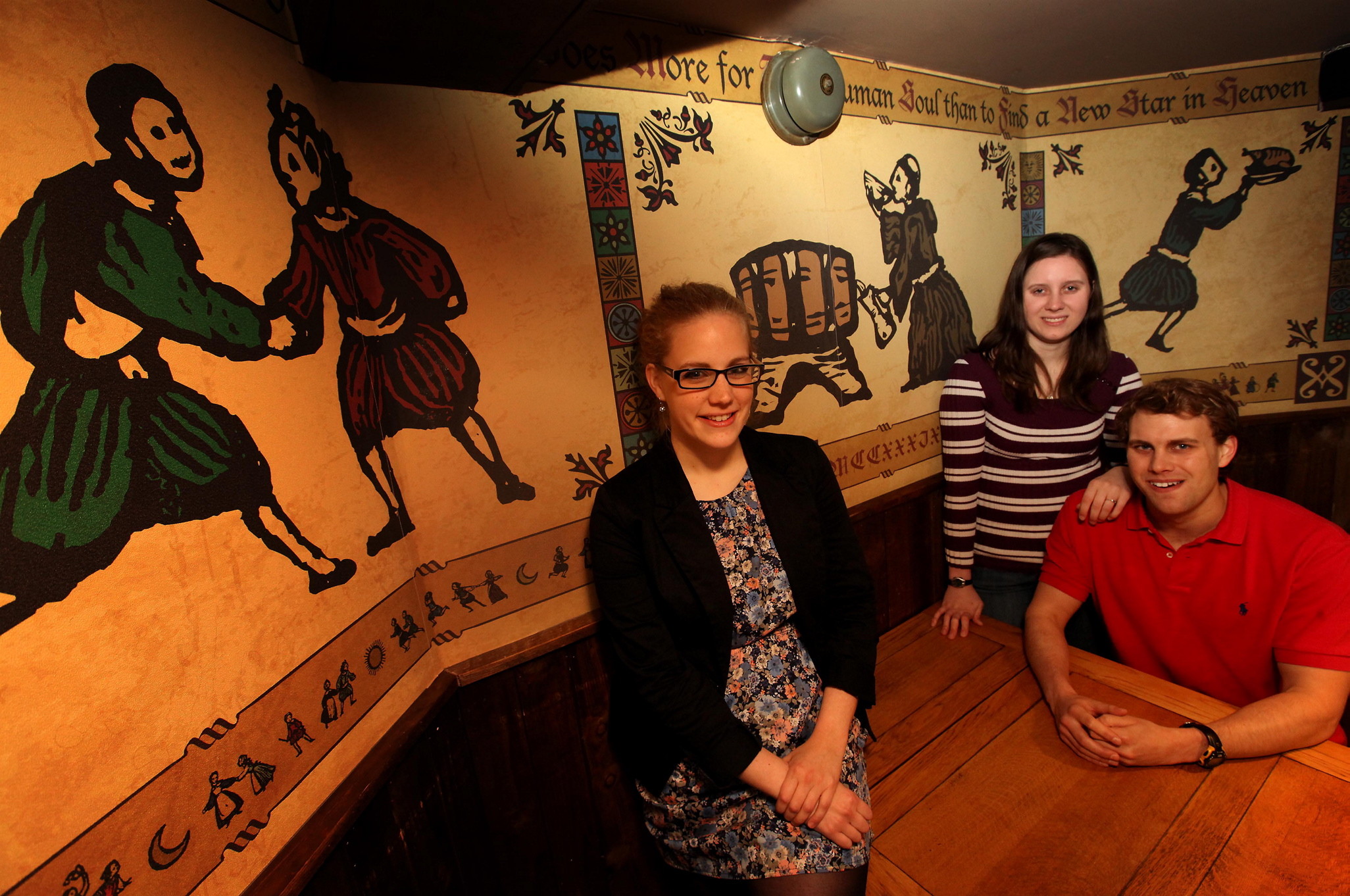Institute of Medieval and Early Modern Studies
/prod01/prodbucket01/media/durham-university/research-/research-institutes/institute-of-medieval-and-early-modern-studies/research-strands/23358-1.jpg)
Welcome to IMEMS
We are a talented community of academics, curators, students, practitioners, and volunteers, covering a global range of areas from Late Antiquity to the late eighteenth century. We promote the standing of Durham’s research, its UNESCO World Heritage Site, and its museums and collections, by initiating, co-ordinating and supporting networks, programmes and projects for both specialists and the wider public. Watch our video and browse our pages to find out more.
Contact Us
Institute of Medieval and Early Modern Studies
7 Owengate
Durham
DH1 3HB
T:+44 (0)191 3346574
General Enquiries: admin.imems@durham.ac.uk
Study Options: study.imems@durham.ac.uk



/prod01/prodbucket01/media/durham-university/research-/research-institutes/institute-of-medieval-and-early-modern-studies/research-strands/50439.jpg)
/prod01/prodbucket01/media/durham-university/research-/research-institutes/institute-of-medieval-and-early-modern-studies/research-strands/23358-1.jpg)
/prod01/prodbucket01/media/durham-university/research-/research-institutes/institute-of-medieval-and-early-modern-studies/imems-bin/42619.jpg)
/prod01/prodbucket01/media/durham-university/library-/slideshow-images/WHCVS.jpg)
/prod01/prodbucket01/media/durham-university/research-/research-institutes/institute-of-medieval-and-early-modern-studies/publications/IMEMS-PRESS-boks-background-2.png)
/prod01/prodbucket01/media/durham-university/research-/research-institutes/institute-of-medieval-and-early-modern-studies/research-strands/50440.jpg)
